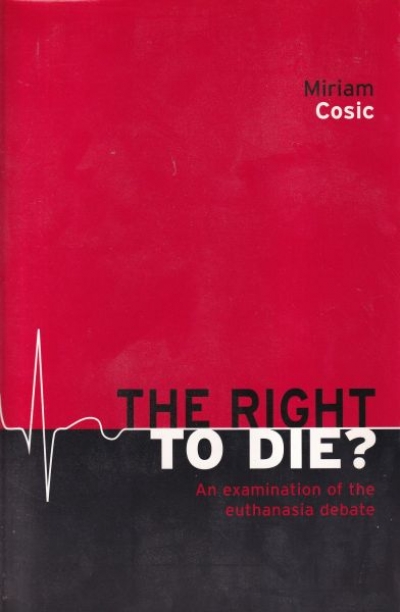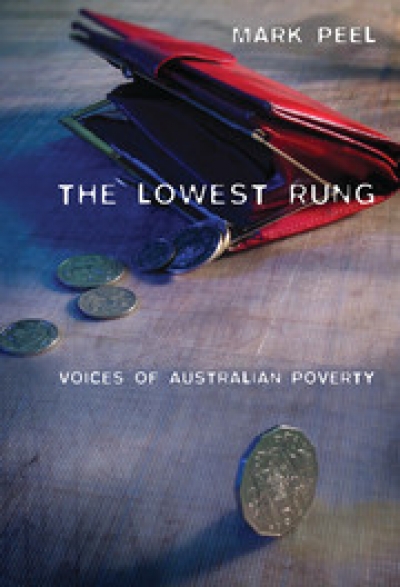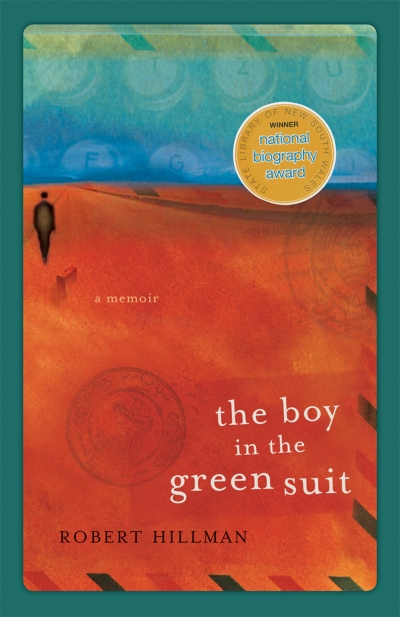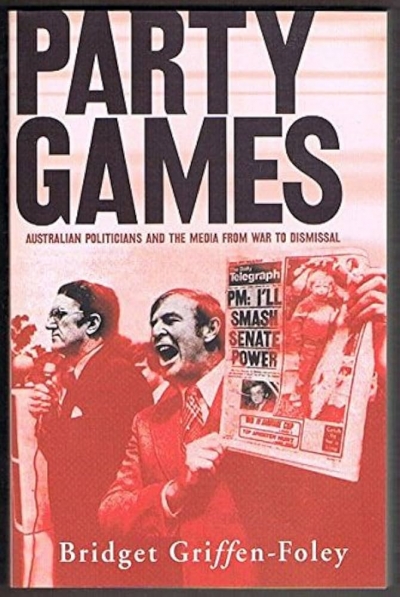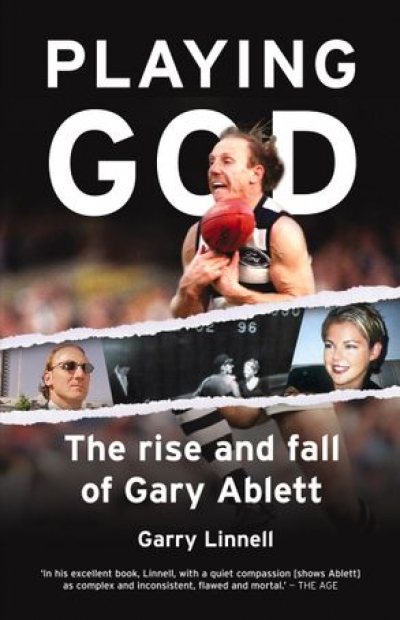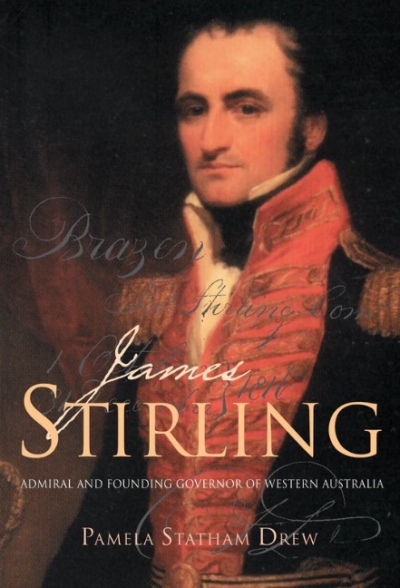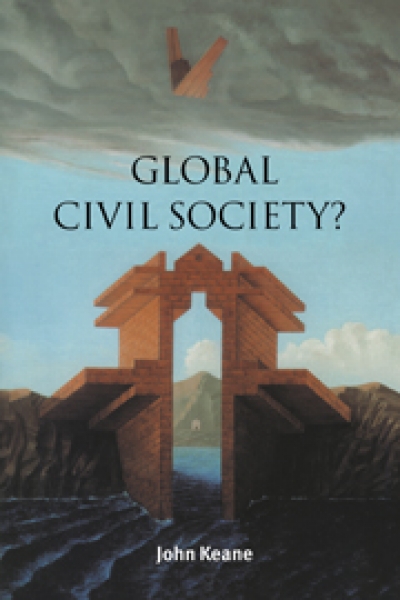Review
The Right to Die: An examination of the euthanasia debate by Miriam Cosic
Party Games: Australian politicians and the media from war to dismissal by Bridget Griffen-Foley
Playing God by Garry Linnell & Bob Rose by Steve Strevens
Here we have five seemingly disparate books linked by genre: fantasy. Yet even fantasy, an often devalued term used to categorise a range of speculative and other fictions, doesn’t quite describe these entertaining and evocative texts. Rather, the common thread running through these stories and uniting them in a continuous and universal yarn is that which weaves its way through many tales: the hero’s journey.
Whether drawing inspiration from epic and mythological pasts or contemporary issues around young people’s search for identity within and against mainstream forms, each story seeks to capture the reality of the timeless and often heroic search for the self using a fantastical backdrop.
... (read more)Kierin Meehan’s Hannah’s Winter was one of the most promising débuts in some time. Her second novel, the ambitious Night Singing, attests to Meehan’s importance as a new writer for the middle-school years reader. There’s a magical quality to Night Singing and, although it is not a fantasy, a sense of the fantastic pervades the novel. Meehan has woven various plot strands and numerous characters into a delightful and, at times, deeply moving whole. Her characters, some of whom are wildly eccentric, never seem less than real, and her plot, although full of extraordinary coincidences – coincidences that, in less capable hands, would be both lazy and unconvincing – is believable and satisfying.
... (read more)
